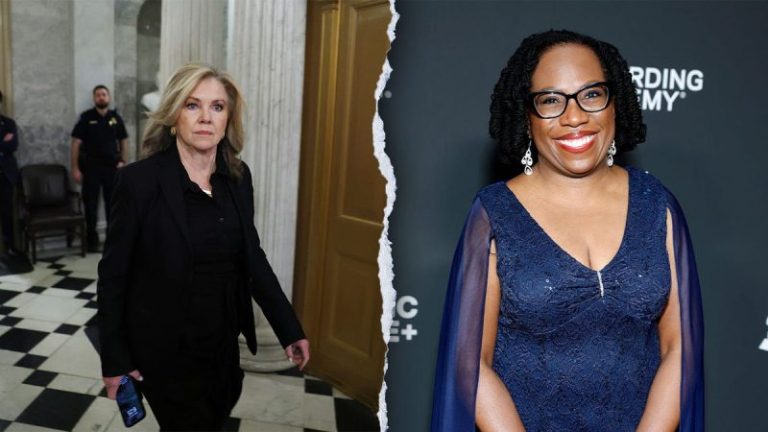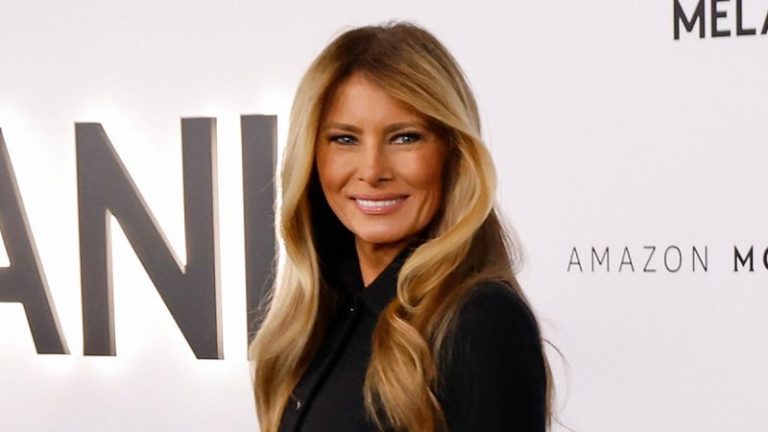For investors who want to gain exposure to artificial intelligence stocks, exchange-traded funds (ETFs) are a popular avenue, because AI ETFs allow investors exposure to the overall market rather than individual AI stocks.
AI investing has exploded in popularity in recent years, particularly with the proliferation and advancement of generative AI technology. Today, many of the world’s largest tech stocks are focused on increasing their AI capabilities, or developing and supplying the hardware and technology needed to support the industry.
However, the sector has a long history. The phrase ‘artificial intelligence’ has been around since 1955, when it was used to describe a new computer science subdiscipline. Today, we use AI to describe simulated intelligence in machines. In other words, machines with AI are capable of simulating thinking like people and mimicking their actions.
As applications for AI rapidly expand, it’s clear that this market isn’t going away anytime soon.
1. Global X Artificial Intelligence & Technology ETF (NASDAQ:AIQ)
Assets under management: US$7.97 billion
The Global X Artificial Intelligence & Technology ETF is passively managed, tracking the Indxx Artificial Intelligence & Big Data Index. The Global X fund, which was established in May 2018, has an expense ratio of 0.68 percent.
‘AIQ is passively managed to invest in developed market companies that are involved in the use of artificial intelligence to analyze big data, whether for their own operations, as a service to other companies, or through the production of related hardware,’ according to ETF.com.
The Global X Artificial Intelligence & Technology ETF’s 87 holdings include Samsung Electronics (KRX:005930), Alphabet (NASDAQ:GOOGL) and Micron Technology (NASDAQ:MU).
2. Defiance Quantum ETF (NASDAQ:QTUM)
Assets under management: US$3.67 billion
The Defiance Quantum ETF launched in September 2018. It tracks an index composed of 84 companies that derive at least half of their annual revenues from quantum computing and machine learning technology development activities.
The fund has the lowest expense ratio of the five AI funds on this list at 0.4 percent.
Some of the ETF’s top holdings include Quantum Emotion (TSX:QNC), Micron Technology and MKS (NASDAQ:MKSI).
3. Dan IVES Wedbush AI Revolution ETF (ARCA:IVES)
Assets under management: US$1.04 billion
The newest addition to this list, the Dan Ives Wedbush AI Revolution ETF launched on June 4, 2025, as Wedbush Fund’s inaugural ETF. The ETF’s holdings are based on the research of Dan Ives, Wedbush’s Global Head of Technology Research, and on the IVES AI 30 list, which is updated on a quarterly basis. It has an expense ratio of 0.75 percent.
The Dan Ives Wedbush AI Revolution ETF has 32 holdings comprising mostly large-cap tech stocks based in North America. Its top holdings include Micron Technology, Taiwan Semiconductor Manufacturing Company (NYSE:TSM) and NVIDIA (NASDAQ:NVDA).
4. Roundhill Generative AI & Technology ETF (ARCA:CHAT)
Assets under management: US$1.036 billion
The Roundhill Generative AI & Technology ETF launched on May 13, 2023, and focuses on companies that will benefit from the growth of generative AI. Companies must derive 50 percent of their revenue from generative AI or tech to qualify for its portfolio.
This AI ETF is actively managed and does not track an index. It has an expense ratio of 0.75 percent.
The ETF has 49 holdings, with 98 percent being large-cap companies. Its top holdings include Alphabet, NVIDIA and Microsoft (NASDAQ:MSFT), and it offers exposure to North American and Asian tech firms.
5. Invesco AI and Next Gen Software ETF (ARCA:IGPT)
Assets under management: US$715.8 million
The last AI ETF on this list is the Invesco AI and Next Gen Software ETF. It is the longest running compared to the other ETFs on this list, having launched in June 2005. The fund has an expense ratio of 0.58 percent.
It is based on the STOXX World AC NexGen Software Development Index and tracks the performance of companies that derive a direct revenue from technologies or products that contribute to future software development.
The Invesco AI and Next Gen Software ETF’s 100 holdings include Micron Technology, Meta Platforms (NASDAQ:META) and Advanced Micro Devices (NASDAQ:AMD).
Securities Disclosure: I, Lauren Kelly, hold no direct investment interest in any company mentioned in this article.










